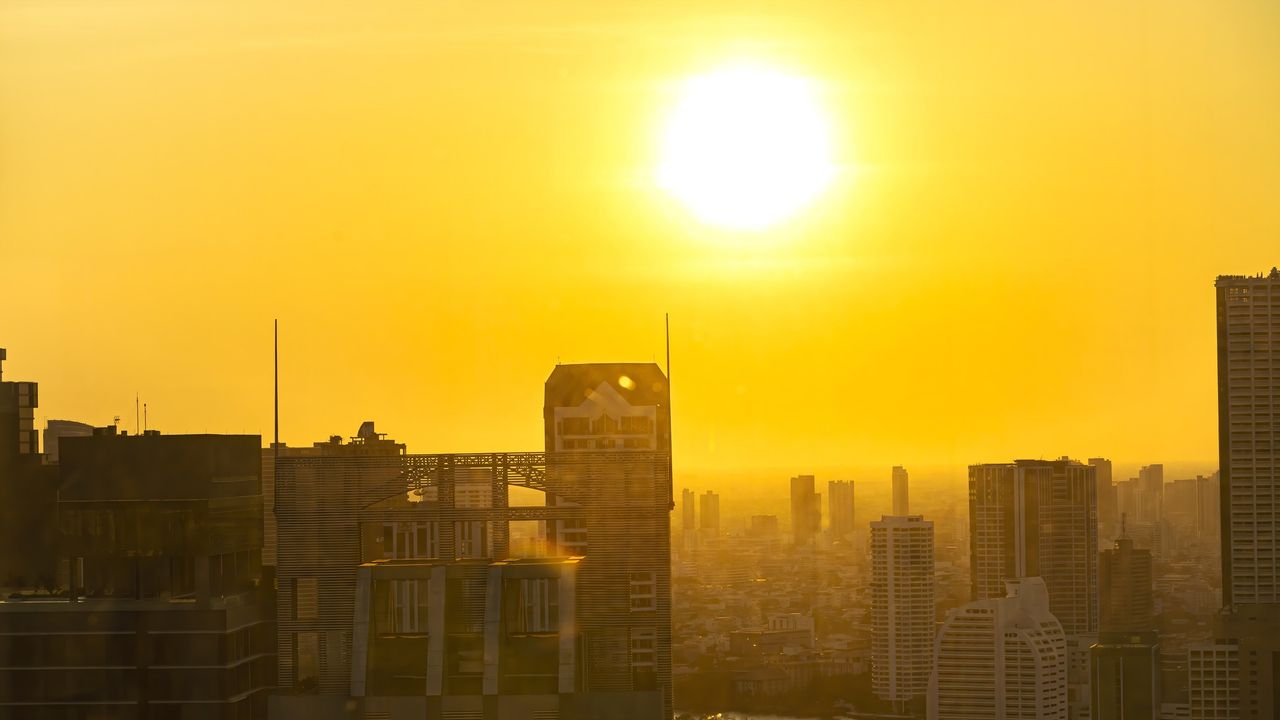Now Reading: India Nears Critical Climate Threshold: Is There Time to Act?
-
01
India Nears Critical Climate Threshold: Is There Time to Act?
India Nears Critical Climate Threshold: Is There Time to Act?

Quick Summary
- Over 60 climate scientists warned that humanity could exhaust the carbon budget to stay below 1.5°C warming within three years at current emission rates.
- Crossing the 1.5°C threshold risks permanent ecosystem changes and severe impacts on island nations but does not lead to immediate planetary collapse.
- Emissions must be curbed now, a more cost-effective option than reversing warming post-threshold, according to Michael Mann from University of Pennsylvania.
- Current emissions contribute to ongoing ocean release of excess heat, which will drive temperatures up even if emissions stopped today; stabilization would take decades.
- Achieving temperature reversal requires moving beyond net zero emissions into net negative territory via technologies like carbon capture and storage-still under development and costly.
- At present rates of CO₂ output (46 billion tons/year), budgets for thresholds like 1.6°C, 1.7°C, or 2.0°C could deplete in seven, twelve, or twenty-five years respectively.
Key Quote:
Michael Mann stated: “Every fraction of a degree of warming that we prevent makes us better off,” emphasizing quick reductions in emissions.
Indian Opinion Analysis
India faces critical implications from these global findings as it balances economic growth with climate commitments under the Paris Agreement. Surpassing the warming threshold poses stark challenges for ecosystems vulnerable in the subcontinent ranging from Himalayan glaciers to coastal areas battling sea-level rise-potentially impacting agriculture heavily reliant on predictable monsoon patterns.
The urgency for India lies not just in reducing its share (currently third-largest emitter worldwide) but also investing actively into scalable renewable energy solutions like solar power while seeking collaboration on emerging carbon capture technologies despite their high upfront costs.
A pragmatic approach includes prioritizing preparedness for adaptation measures alongside mitigation strategies as India’s socio-economic structure renders immediate zero-carbon transitions difficult compared to advanced economies. Leadership aligned with lasting policy execution can position india strategically within global efforts against devastating climate tipping points visible ahead.
For more details: Read More























